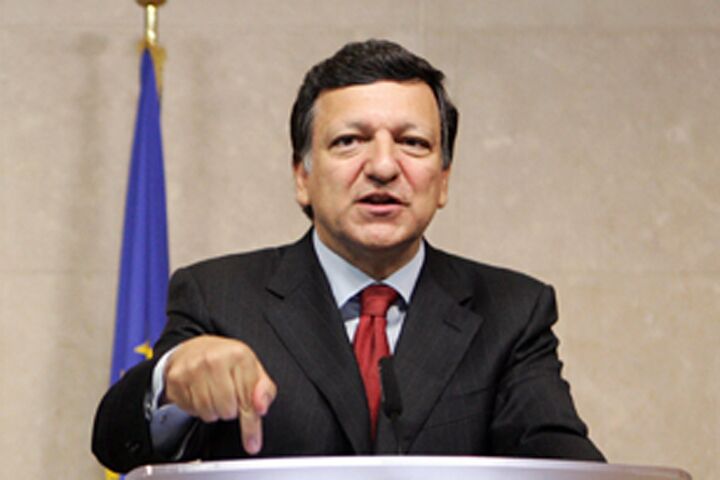
Foreign Investors May Face Restrictions in EU Energy Market
The European Commission wants to restrict foreign companies’ access to the European Union’s energy sectors—primarily gas, oil and electricity. It has proposed a series of protectionist measures intended to help secure the EU’s energy independence.
In the interest of increasing competition and securing better energy service for European customers within the EU, the Commission has supported what it calls “ownership unbundling”—that is, dividing ownership of gas and electricity supply and generation businesses from those that transmit the energy to customers. The problem is, concerns have surfaced that the plan could also leave Europe’s energy sector more susceptible to foreign takeovers. The “unbundling” plan could make the EU “vulnerable to a strategy of third countries to dominate the EU markets not only in terms of supply but also by acquiring the networks,” reported FT Deutschland, sister paper to the Financial Times.
Thus, in a bid to prevent state-controlled companies, such as Russia’s Gazprom or the Saudi Arabian Oil Company, from gaining control of the European energy sector, the Commission is considering several options to restrict foreign access to its energy market.
The weakest of these proposals would still give the EU the authority to closely scrutinize any potential buyer before allowing it into the European energy market, while the toughest proposal would declare the European energy sector a “strategic industry,” and therefore untouchable to most foreign hands. Almost all countries outside the EU would be prevented from investing within the bloc’s energy market.
The European Union’s executive body is scheduled to present a finalized proposal on September 19.
The prospect of limiting foreign investment in European energy sectors is further aggravating European-Russian relations. One of the European Commission’s proposals, that of “reciprocity,” would be a particular blow to Gazprom, Russia’s state-controlled gas company. Gazprom currently owns a range of assets and equity stakes within the EU, and has all but stated its intense desire to expand in Europe.
Under the conditions of “reciprocity,” the Kremlin would have to reverse its trend of nationalizing foreign energy operations within Russia and open up its energy industry to foreign competition, or else be excluded from investing or owning operations in the EU.
Russia, for its part, sees its virtual monopoly over its domestic oil and gas production and its status as the EU’s primary gas supplier as key national security issues—and the European Commission’s proposals as a direct threat. Russia will not dilute one of its strategic energy assets without getting something big in return.
In a statement resembling the pot calling the kettle black, Alexander Medvedev, deputy director of Gazprom, called the Commission proposal “a tendency toward economic nationalism” in Europe.
Similarly, Dmitri Peskov, the Kremlin’s deputy press secretary said, “I don’t believe this can be on the agenda. Russia will use any legal means possible in accordance with international law to ensure equal access to markets for its companies.”
The Kremlin is notorious for nationalizing foreign-owned, Russian-based energy assets, and for pushing foreign companies out of its energy markets.
Despite the Commission’s proposals and all the subsequent international posturing and ultimatums, the energy restrictions are still just that: proposals. However, political proposals with such far-reaching implications can still be a powerful bargaining chip in international politics.
Several times in recent history, Germany and Russia, while each considering the other its most dangerous enemy, have struck military pacts in the tradition of Molotov-Ribbentrop, before consolidating spheres of influence and going to war. Europe is critically dependent on energy from Russia. The Trumpet has predicted, based on Bible prophecy, that another military pact between these nations will be formed.
The Commission’s recent proposals are part of a bargaining platform with Russia over energy supplies. Are they also the precursor to something more?
